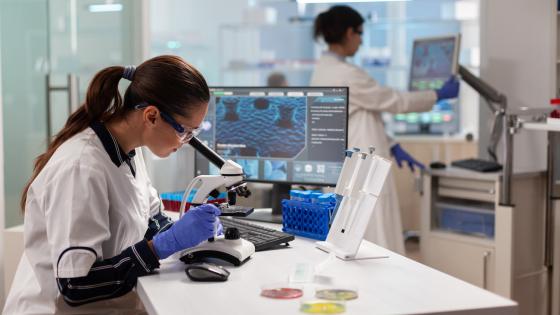DP8206 Inefficiencies in technology transfer: theory and empirics
Markets for technology can promote innovation by allowing for division of labor in research and development. Some firms may specialize in the discovery of ideas, while others have a comparative advantage in later stages of development and marketing. However, these gains depend on the timing of technology transfer: the buyer of an idea should take over development at the stage at which he has an efficiency advantage. We show that in an environment with asymmetric information about the value of the idea and where this asymmetry decreases as the product is developed, deviations from the optimal timing of technology transfer will occur. We obtain a condition for the optimal timing to take place and show that the intensity of competition between potential buyers has countervailing effects on this condition. An empirical analysis of licensing contracts signed between biotechnology firms and large pharmaceutical firms confirms our theoretical predictions.

